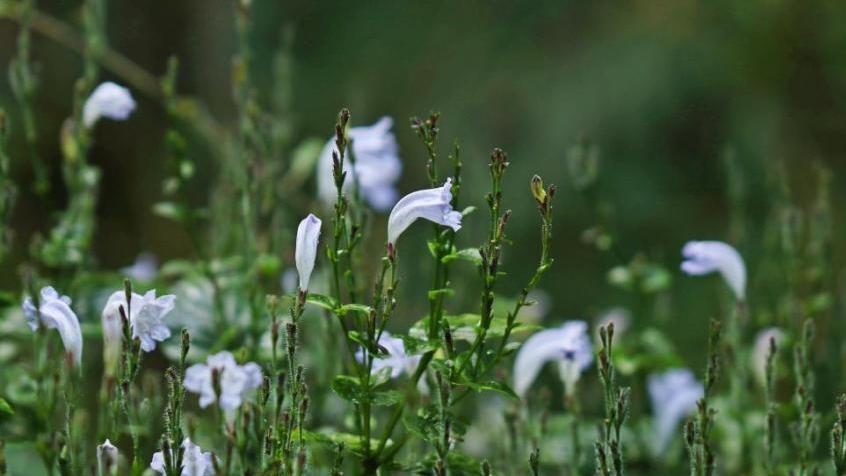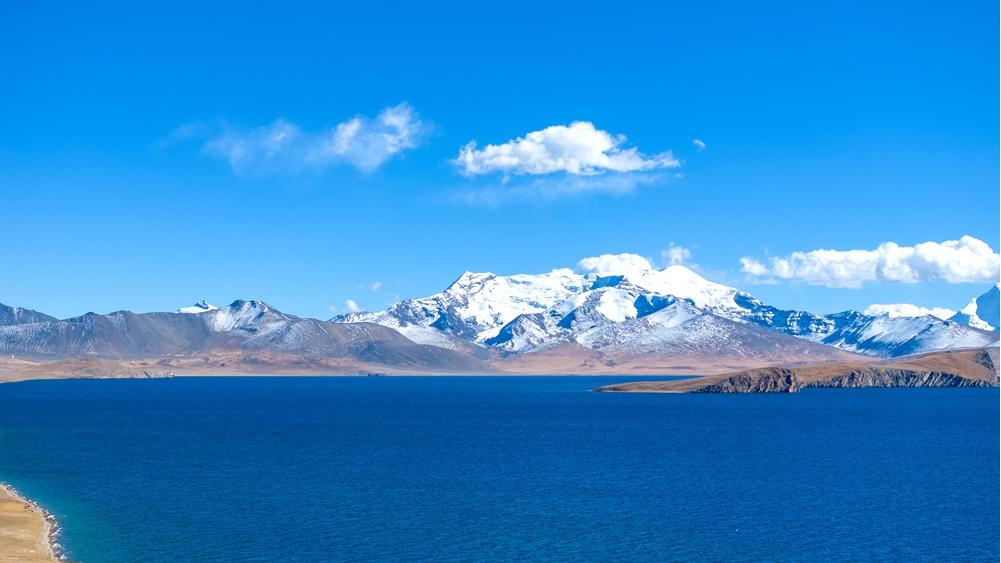Interview: Traditional Chinese medicine can help achieve global health goals, says WHO representative
BEIJING, Dec. 3 (Xinhua) -- Traditional medicine plays an important role in helping achieve universal health coverage, and traditional Chinese medicine (TCM) has much experience for the world to draw from, said Martin Taylor, the World Health Organization (WHO) representative in China.
Taylor made the comment in an interview with Xinhua ahead of the 2024 World Conference on Traditional Medicine, which opened in Beijing on Tuesday.
China is building up systems and regulations to "make sure that medicines are safe, effective and of quality," Taylor said.
Looking back at the traditional medicine development, he said the use of artemisinin, which was discovered by Chinese scientist Tu Youyou, is the most famous example of TCM.
Since the 1990s, artemisinin-based combination therapies have been recommended by the WHO as the preferred treatment for malaria. Between 2000 and 2020, approximately 10.6 million lives were saved from the disease around the world, according to the WHO.
Taylor said quality should come first when thinking about reproducing the success of artemisinin.
He went on recalling his recent trip to a county in Chongqing, southwest China, where some herbs and plants are grown for TCM. "Quality starts at the very start in terms of making sure the purity of the plants, and it goes all the way through the production chain," he said.
He believes that China can lead the way in developing new methods to test the "safety" and "efficacy" of traditional medicine.
To further standardize TCM, China's National Administration of TCM released a three-year plan in July, setting the goals that 180 domestic standards and 30 international standards for TCM will be formulated by the end of 2026.
Taylor also mentioned China's experience of integrating traditional medicine with modern medicine, enabling patients to have more choices and combinations.
Another major contribution from China, he added, is a registry platform for traditional medicine clinical trials. "We can gather the data from different clinical trials which have studied traditional medicines and their effectiveness," Taylor said.
Developed and run by the China Academy of Chinese Medical Sciences, the platform was endorsed by the WHO in April 2023 and open to registries worldwide.
Taylor also voiced his hope that the WHO and China, with an updated memorandum of understanding signed recently on traditional medicine collaboration, will explore issues about understanding and improving safety, quality and the integration of traditional medicine with modern medicine.
Photos
Related Stories
- China ready to help integrate traditional medicines into global health system: vice premier
- 2024 World Conference on Traditional Medicine kicks off in Beijing
- Traditional Chinese medicine finds new markets as herbal lattes, food products surge
- Traditional Chinese medicine center opens in Bulgaria to enhance patient care
- Food with TCM ingredients gains in popularity
Copyright © 2024 People's Daily Online. All Rights Reserved.









